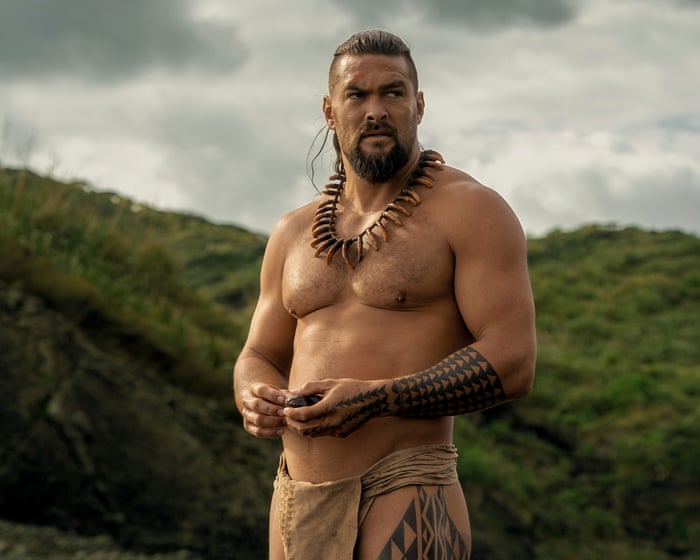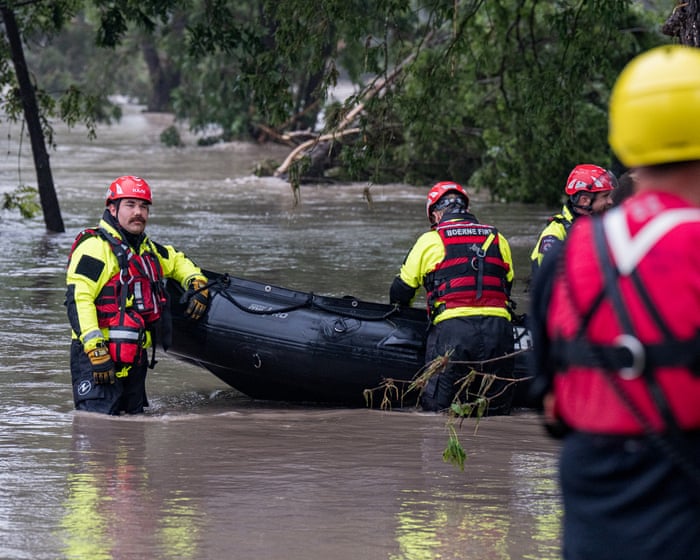Only one man could have pulled this off. Despite Hollywood’s claims of meritocracy and diversity, Jason Momoa is uniquely qualified—with his Hawaiian roots and star power (thanks to roles like Khal Drogo in Game of Thrones and Aquaman in the DC Universe)—to bring Chief of War to life.
Momoa co-created this nine-part historical drama with Thomas Pa’a Sibbitt, co-wrote every episode, executive produced, and stars as Ka’iana, a Native Hawaiian warrior pivotal in uniting the islands in the late 18th century. The series opens with breathtaking shots of O’ahu, Maui, Kaua’i, and Hawai’i, each island so stunningly beautiful and distinct that they almost feel dreamlike under director Justin Chon’s lens.
Thankfully, Momoa’s backside makes an early appearance—less awe-inspiring than a volcano but reassuringly familiar—reminding us that while Chief of War is a passion project, it still needs star power to draw audiences to this little-known history. Our introduction to Ka’iana? He dives off a boat to wrestle a shark, kills it (after proper rituals), and feeds his people.
But his peaceful moment is short-lived. He’s summoned by Kahekili (Temuera Morrison), the ruthless leader of Maui, whom he once served before growing disillusioned. Many of Kahekili’s men see him as a traitor—one even threatens to feed his heart to pigs. Tensions erupt in the first of many brutal fight scenes when Maui’s best spear-thrower hurls weapons at Ka’iana, who ends the fight by catching one midair and driving it into his attacker’s flesh.
This is just the beginning. The battles are frequent and bloody, breaking up the dense historical narrative—a necessary but sometimes heavy-handed approach.
Kahekili apologizes for his past brutality, and Ka’iana agrees to one last mission: defending the islands from O’ahu’s invading army. Big mistake. Kahekili exploits Ka’iana’s skills to slaughter civilians and claim O’ahu for himself, building a tower of skulls as a grim trophy.
The massacre sets Ka’iana on a new path—separated from his family, he boards a ship of explorers, learns English, masters firearms, and gains knowledge that makes him invaluable in the fight against colonization.
Chief of War is ambitious. The unfamiliar history could use more clarity, and the script rarely rises above “serviceable.” Many actors are stuck scowling (the men) or playing spirited-but-loving women (the usual limited roles).
But maybe that’s asking too much. This is the first time Ka’iana’s story has reached a mainstream audience, and it carries that weight well. Momoa plays to his strengths—yes, including his physique, but also his intelligence and quiet intensity. For all its flaws, Chief of War is a bold step in bringing Hawaiian history to the screen.His rugged, muscular build hides a quiet gentleness, making him believable as a reluctant warrior. It’s a solid effort, and though it sometimes feels a bit forced, the story eventually finds its footing and grows more confident. Momoa’s performance ensures we can look forward to more—and possibly even better—projects in the future.
Chief of War is streaming on Apple TV+.
Correction: This article was updated on 1 August 2025. Jason Momoa’s Aquaman is part of the DC Extended Universe, not the Marvel Cinematic Universe, as previously stated.



